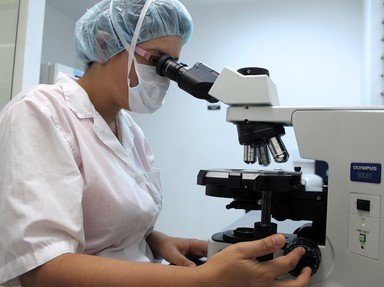Quiz Answer Key and Fun Facts
1. Bioluminescence is mostly produced by organisms that live in partial or total darkness.
2. Which of the following can produce a bioluminescent reaction?
3. Bioluminescence is the ability of an organism to produce what?
4. Only animals can produce bioluminescence reactions.
5. Bioluminescence provides what functions to the organisms that use it?
6. What is the chemical pair an organism uses to produce a bioluminescent reaction?
7. Bioluminescence mechanisms are not something that needs to be researched, because there is no benefit to mankind in their study.
8. Which compound below is a by-product of a bioluminescence reaction?
9. The glowsticks children carry at Halloween and the glow-necklaces sold at festivals utilize a chemical reaction similar to the chemical reaction bioluminescent organisms utilize.
10. Incandescent light (light from a lightbulb) is much more efficient than bioluminescent light. True or False?
Source: Author
teddybearsbbi
This quiz was reviewed by FunTrivia editor
crisw before going online.
Any errors found in FunTrivia content are routinely corrected through our feedback system.

